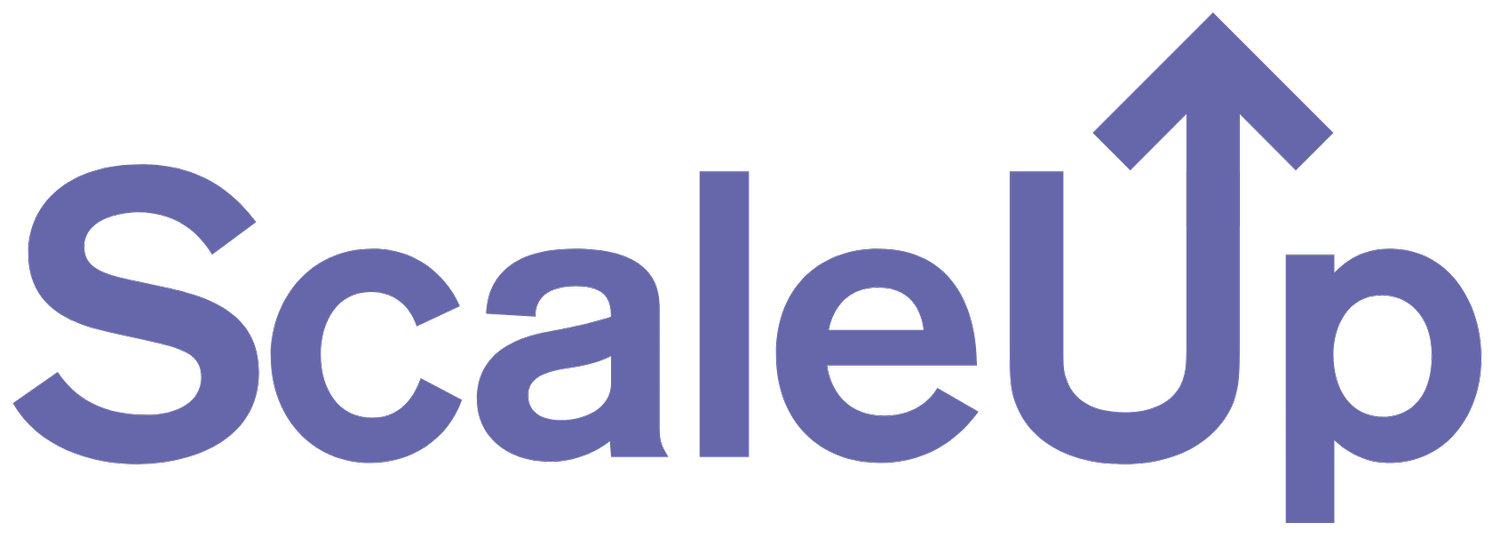POS System vs Credit Card Processor: What's the Difference and Which Does Your Business Need?
If you’re starting or scaling a business, you’ve likely come across two important (and often confused) terms: POS system and credit card processor. While both play a role in accepting payments, they’re not the same thing. In this guide, we’ll break down the difference between a POS system and a credit card processor, when you might need one or both. We’ll also explore how best to choose the right setup for your business.
If you’re setting up payment options this year, check out our 2025 ultimate guide to credit card processing.
What Is a POS System?
A POS (Point of Sale) system is the combination of hardware and software that allows you to manage in-store transactions. But it goes far beyond payment processing and includes many valuable features for the running of your business -
Inventory management
Employee tracking and time clocks
Sales analytics and reporting
Customer loyalty programs
Receipt printing and email receipts
Examples: Square POS, Clover Station, Shopify POS, Lightspeed Retail
What Is a Credit Card Processor?
A credit card processor is the service that handles the movement of money from your customer’s bank to your business bank account when a card is used. It’s the financial middleman that ensures funds are approved, transmitted, and settled securely.
Common processors include:
Stripe
Helcim
PayPal
Square (acts as both POS and processor)
Some processors offer just the backend (like Authorize.Net), while others bundle it with a front-end POS.
Before making your choice, ensure you understand the latest regulations by reviewing our overview of Credit Card Processing in the US in 2025.
Key Differences Between POS Systems and Credit Card Processors
| Feature | POS System | Credit Card Processor |
|---|---|---|
| Function | Transaction interface + business tools | Payment approval and settlement |
| Includes Hardware? | Usually, yes (terminal, reader, etc.) | Not always |
| Inventory & Reporting | ✓ | X |
| Manages Employees | ✓ | X |
| Needed for eCommerce? | Optional (not always required) | Yes |
| Billing Structure | Monthly software fees (sometimes) | Per-transaction fees |
Do You Need Both a POS and a Credit Card Processor?
In many cases, yes. But it depends on your business type:
Retail Store or Café: POS system + processor combo (e.g., Square, Clover)
Online Store: Only need a credit card processor (e.g., Stripe)
Service Provider (e.g. consultant, freelancer): May only need a virtual terminal from a processor
Pop-Up or Market Stall: A mobile POS system like Square with processing built in works great
All-in-One Providers vs Standalone Setups
All-in-One Systems:
Combine POS and processing
Easier to manage (one account, one dashboard)
Examples: Square, Shopify POS, PayPal Zettle
Standalone Setups:
Separate POS and processor (e.g., Lightspeed POS + Authorize.Net)
More customizable, possibly lower fees at scale
Ideal for growing or enterprise businesses
Choosing the Right Setup for Your Business
Key things you should ask yourself
Do I need in-person checkout tools? → Get a POS system with built-in processing
Is most of my revenue online? → Focus on a credit card processor like Stripe or PayPal
Do I want unified data and reporting? → Use an integrated POS + processor provider
If pricing is your top concern, take a look at our detailed price guide and fee comparison for small businesses.
ScaleUp Tip
The main difference between a POS system and a credit card processor comes down to functionality: POS is the front-end tool that helps you run your store, while processors handle the behind-the-scenes movement of money. Many small businesses benefit from all-in-one solutions like Square or Clover, while others, particularly online businesses, only need a processor. Evaluate how you sell, where you sell, and how much control you want to align the right solution with your business.


